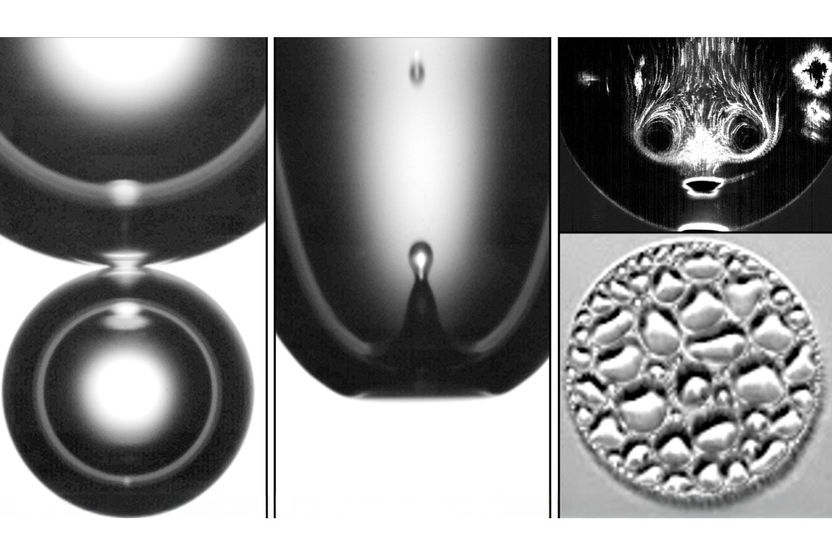Unlocking the Secrets of Hydrogen Bubbles in Electrolysers
Key Ideas
- A German-Dutch research team led by HZDR gained insights into hydrogen bubble dynamics in electrolysers, published in Nature Communications.
- The study revealed that hydrogen bubbles in electrolysers can contain micro-droplets of electrolyte, impacting the efficiency of the electrolysis process.
- By understanding the dynamics of gas bubbles, researchers aim to make electrolysers more efficient and cost-effective for hydrogen production.
- The follow-up project ALKALAMIT is expected to provide further insights into optimizing electrolysis processes, funded by German and Dutch organizations.
Electrolysers play a crucial role in the energy transition by producing hydrogen through water electrolysis. However, the process currently consumes excessive electricity due to the formation of gas bubbles that reduce efficiency. A joint German-Dutch research team, spearheaded by the Helmholtz-Zentrum Dresden-Rossendorf (HZDR), has made significant progress in understanding the dynamics of hydrogen bubbles inside electrolysers. Their study, published in Nature Communications, unveiled that these bubbles can contain micro-droplets of electrolyte, such as potassium hydroxide solution. This discovery provides deeper insights into the physico-chemical and hydrodynamic processes of electrolysis. By employing innovative optical methods, the team could observe the flows within the gas bubbles through the movement of these droplets. Subsequent experiments and simulations helped elucidate how electrolyte infiltrates gas bubbles, affecting the electrolysis process. The researchers noted swirling currents inside and outside the bubbles, driven by a thermal Marangoni effect, influencing the interface between gas and electrolyte. This newfound phenomenon poses both challenges and opportunities for electrolyser technology. Prof. Kerstin Eckert, Director at HZDR, emphasized the importance of comprehending gas bubble dynamics to enhance electrolyser efficiency. The team's work has laid the foundation for the ALKALAMIT project, supported by German and Dutch research bodies, to further explore and optimize electrolysis mechanisms. Their findings are pivotal for advancing hydrogen production technologies and fostering a sustainable energy landscape.
Topics
Electrolyzer
Technology
Innovation
Energy Transition
Funding
Research
Efficiency
Academic Collaboration
Fluid Dynamics
Latest News
